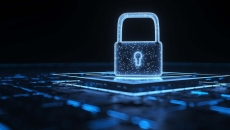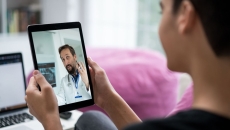Privacy & Security
The emirate’s health authority has been on a steady mission to improve and revolutionise healthcare since 2014.
The Cybersecurity and Infrastructure Security Agency and the Department of Health and Human Services released the Cybersecurity Toolkit for Healthcare and Public Health after a discussion on cybersecurity challenges the U.
SPONSORED
Protect your data from cybercriminals with a security monitoring solution.
Its partnership with Freshpaint seeks to support hospitals, health systems and health plans by configuring their patient engagement ecosystems to support compliance with HIPAA privacy rules and regulations.
The poll's 2023 edition is seeking feedback from privacy and security professionals about their experiences with staffing challenges, ransomware, artificial intelligence and more.
OCR's new resources aim to shore up telehealth privacy practices by helping healthcare organizations guide patients in basic cyber hygiene that can better protect their PHI when accessing virtual care through websites and apps.
CISA highlights five recently detected vulnerabilities to its KEV catalog and creates a new list of misconfigurations and weaknesses known to be used in ransomware campaigns, and HC3 warns about NoEscape ransomware.
New artificial intelligence capabilities aim to unify healthcare analytics in one common architecture, while machine learning and generative AI-driven expansions in Azure enhance digital transformation and improve clinical workflows, the company says.
Also, BLK-Max Hospital in India is offering a training fellowship for robotic surgery.
It also believes that health organisations must digitalise at their own pace.









